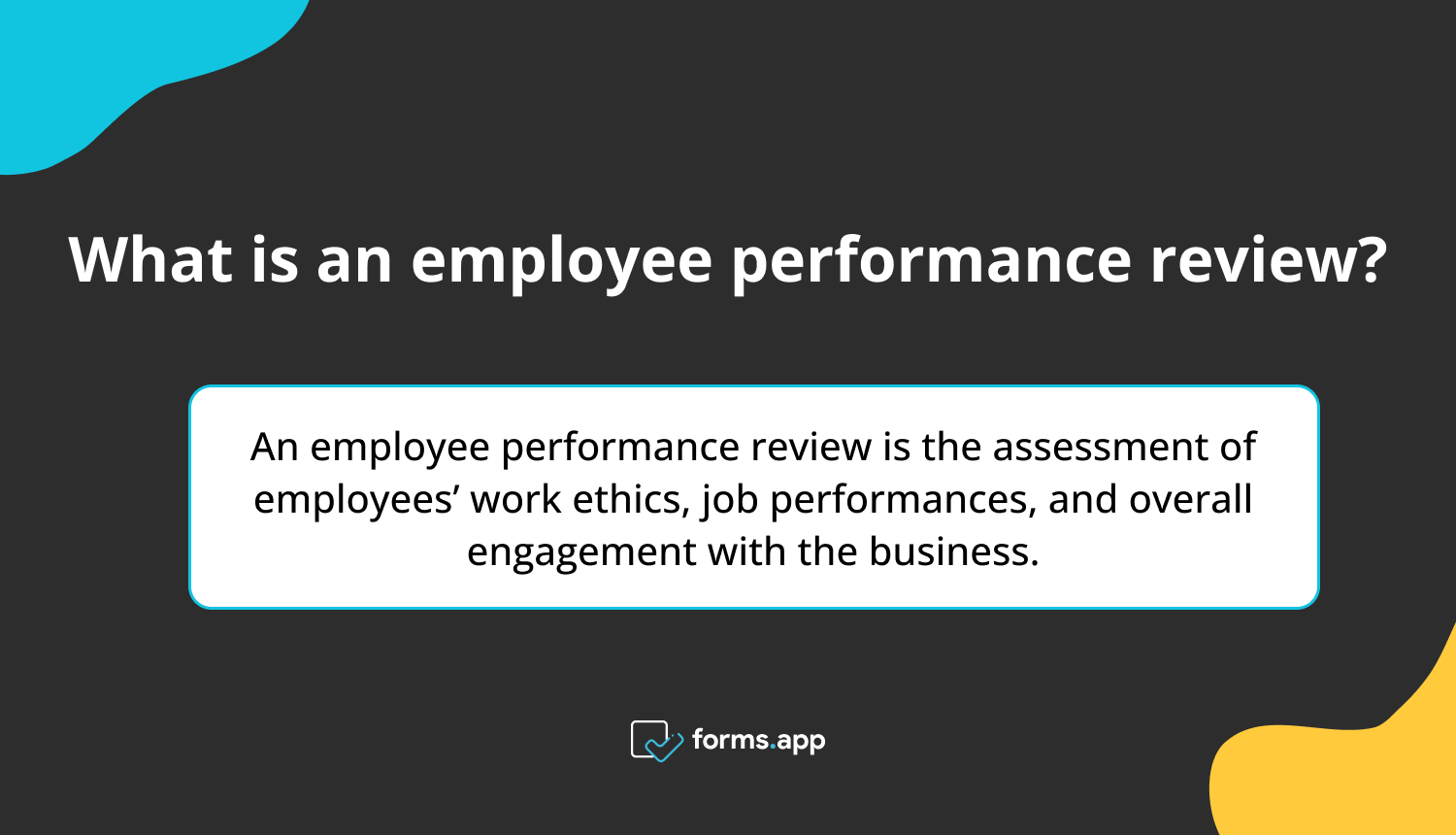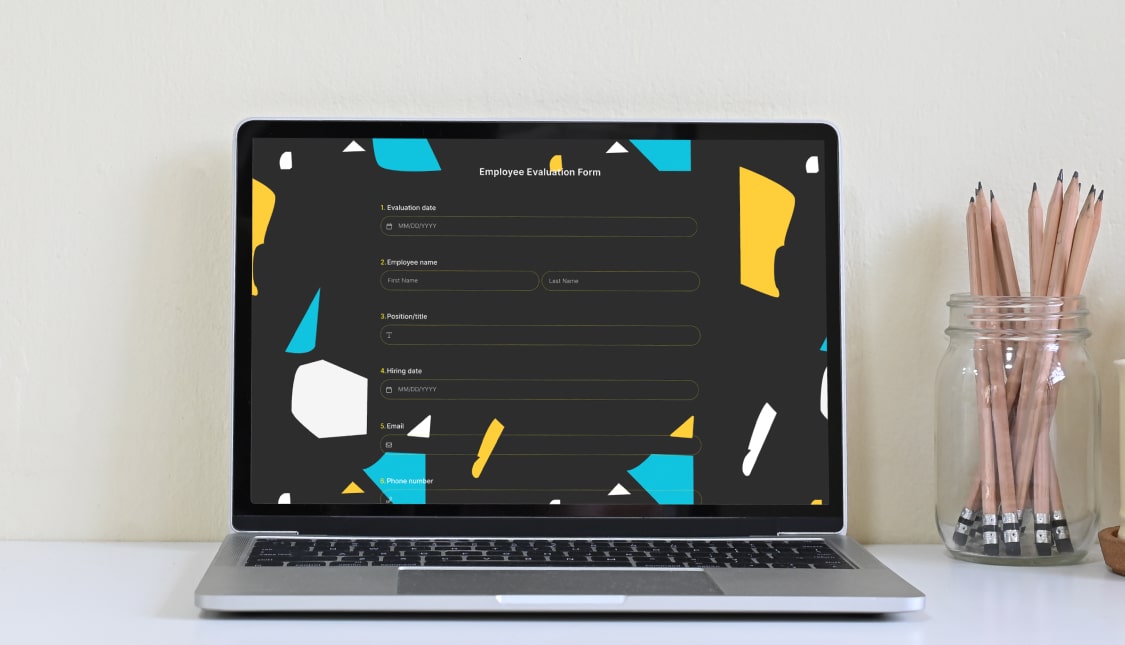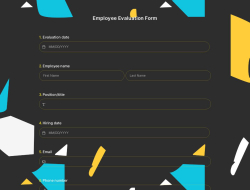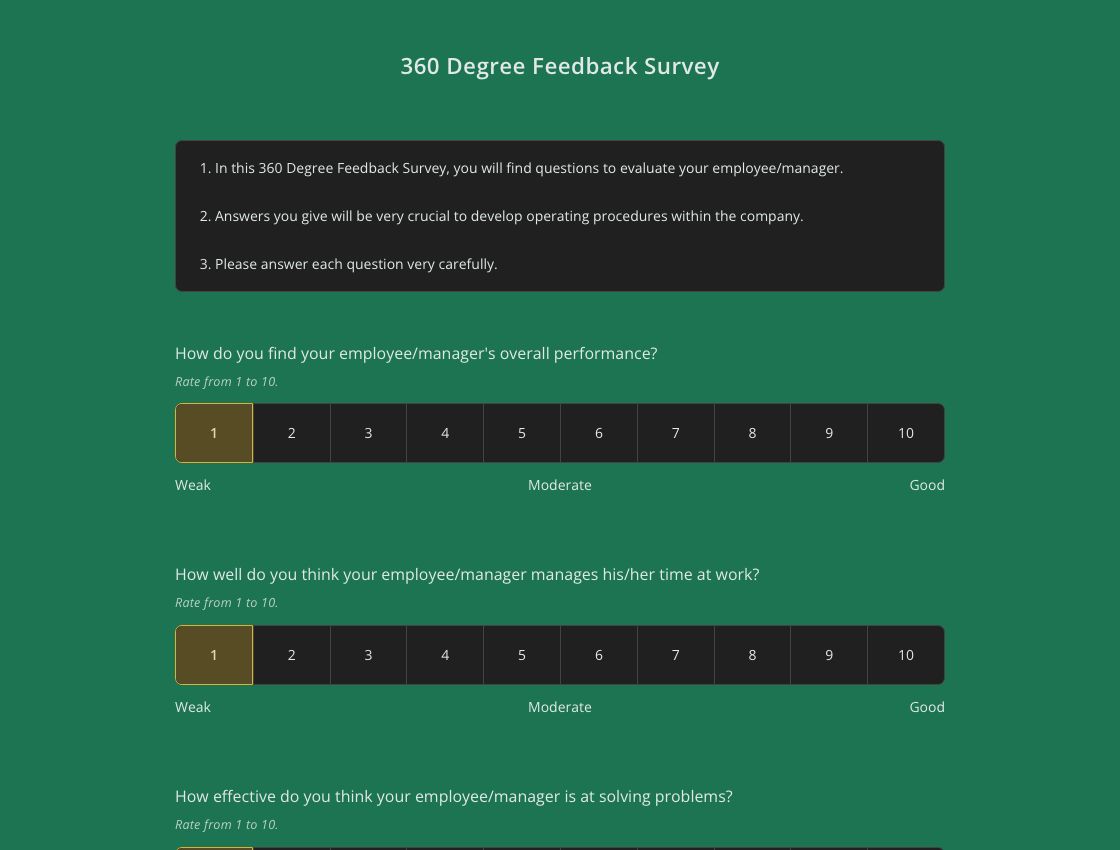Employee performance reviews are simple and effective tools for company managers and human resources departments to have a general idea of employees’ overall performances. By using a performance review, the management answers questions related to certain team members and therefore has documents of performance evaluations regarding their workings. It could be done by a manager doing the employee evaluation forms, by having a conversation with the employee, or with the help of peer review.
Performance reviews are meant to evaluate the performances, engagements, and professional development of employees. But also, it is for management and HR to have a conversation with the employees and maximize performance with the help of reviews. In this article, managers and HR staff will learn review tips and different types of employee reviews. Now, let us get into it.
What is an employee performance review?
An employee performance review is the assessment of employees’ work ethics, job performances, and overall engagement with the business. It is best done on a regular basis. Or you can do them annually with some check-ups from time to time.
However, it should not be forgotten that employee performance reviews are not designed to fix immediate and urgent issues. Instead, they help you set goals for employee engagement and rate them accordingly. Sometimes, you may decide on giving praise and/or bonuses or constructive feedback according to the results. If you conclude from a review that there is a case of underperformance, it can be useful to draw up a performance improvement plan which can help to try and resolve some of the underlying issues.

Employee performance review definition
7 best practices for an effective employee performance review
Creating a survey by using one of the employee performance review templates would be a huge help when you know what you want. You can edit it as you like and continue from there. But of course, there is a good way to assess the employees and a mediocre way. So, why not build the best possible review and have the most effective results? Without further ado, here are the 7 best practices for an effective employee performance review:
1 - Prepare beforehand
It is best not to start the review blindly and try to guess while you are going. Instead, know when you will do the performance reviews, talk with supervisors or HR staff, and get to know the employees’ current positions. Also, have all documents about the employee with you, or at least take a look at them. Having these in mind will help you do reviews accurately.
2 - Make performance reviews regularly
Having annual performance reviews may not be the most effective for companies, as a lot can change in a year. It is best to do this tracking regularly to see if your employees are benefiting from the feedback or if they are improving their progress at all. It will also give employees a sense of control and care, which will motivate them to go above and beyond.
3 - Track employee progress
To maximize the benefits of performance reviews, it is critical to track if your efforts change anything. You can check what needs to be changed and if there is any difference at all. Or, you can set realistic goals to be met and evaluate the progress over time. If, after some time, you do not see any positive outcome, you may want to change the goals or go for a different approach.
4 - Let your employees know about your opinions
If you let your employees know about your general views, they can feel validated or get motivated to do better. If they performed exceptionally, you could congratulate them for their work. And, if they did poorly, you can have a chat with them, give feedback, and ask if there is something bothering them in their work life or personal life. When they are encouraged to bring topics they want to consult, management can focus on actively listening.
5 - Do peer reviews
You can have a general idea about your employees, but their colleagues know the most about them. If you provide a peer evaluation form, they can answer freely, and you will have better insight. As we all know, when one person lacks a work ethic, others may try to cover for them even if they do not want to. Because team works need to be done perfectly and people do not want to fail because of someone else’s job. That is why a peer evaluation form will give you the information you want. Also, note that peer reviews work better in bigger fims and organizations.
6 - Do not make it about money
When you have general opinions on your employees, there are going to be some that excel in their performances and some that can do so much better. If you make the rating score about their paycheck, they would feel anxious when you are doing the reviews with them. Therefore, do not include money at the end of the performance review process. But, of course, you can give them a pat on the back, a promotion, or even a gif card of some sort if you want to put some competition into all this.
7 - Ask for their opinions as well
Once you are done evaluating them, you can ask them to be the judge. You can ask them to self-evaluate themselves and the company. And you can collect their evaluation forms and have a chat with them if you wish. Maybe, they perform poorly because they have a workplace problem that’s been bothering them. Or, maybe they think they do really well on a subject when it is the opposite. Collecting this information and having a clear conversation with the person can be the thing that makes a difference!

Employee performance review form example
Free Evaluation form templates for your employee reviews
There are multiple evaluation form types a manager or HR staff can use. For example, you can give 360 degree feedback, which is collecting anonymous feedback from coworkers, supervisors, and any reporting staff. The same can be achieved with the help of peer reviews, where colleagues rate each other. When you know what you want to achieve as a result of your form, it will be quite effortless to continue.
Thankfully, creating any evaluation form using a very helpful form creator, forms.app would be super helpful when you want to get things done. forms.app has hundreds of useful templates, features, and helpful fields. Additionally, there are multiple employee performance review samples for you to go with. Any of them is equally helpful when it comes to evaluating a subject. Finding your way out, and editing questions, fields, and colors is effortless and can be published in minutes! Here are some employee performance review types for you to check out:
Conclusion
Conducting employee performance reviews will help you understand your employees better. The manager and/or HR can answer questions about employees’ performances, time management, engagement, etc. Afterward, it will be much clear which employees have above-average performances and which employees need feedback. And it is super easy to do with the help of forms.app!
forms.app is an online form builder, that is free, easy-to-use, and very helpful. You can create a pretty form in a matter of seconds. It also provides its users with many templates, including evaluation forms and feedback forms for businesses. Creating an online evaluation form will help you save time and also will be a greener choice as it uses no paper. Go to forms.app and start creating your evaluation form today!
Defne is a content writer at forms.app. She is also a translator specializing in literary translation. Defne loves reading, writing, and translating professionally and as a hobby. Her expertise lies in survey research, research methodologies, content writing, and translation.






